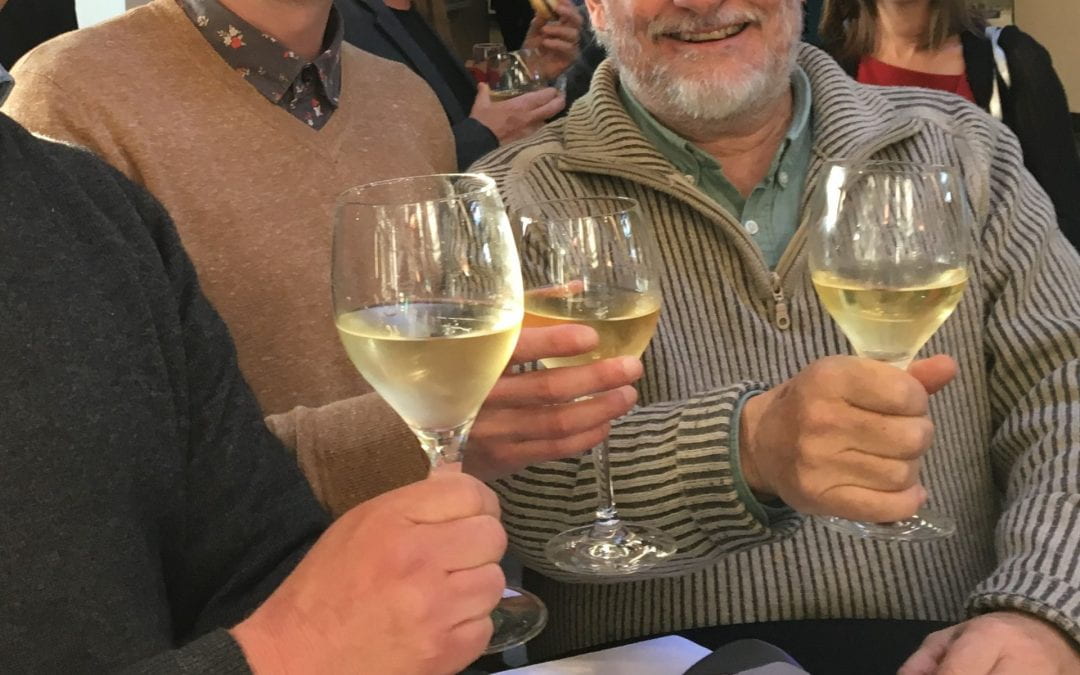The power of addictive processes are difficult to make sense of.
I recall during my early years as a clinical psychologist being asked by hospital staff to speak with a 32-year-old man addicted to alcohol who was being discharged following treatment for pancreatitus. This had been his third admission for the same illness and hospital practitioners were exasperated by his choice to continue drinking despite being repeatedly told it would cause irreparable damage to his pancreas from which he would be unlikely to survive.
I met him in a side-room on the ward. He sat in his bed clothes in the corner of the room, thin and ashen looking with a worried frown fixed across his face. Our conversation was initially stilted and I was trying hard not to replicate the lectures and sermons he was likely to have received from hospital staff.
As we talked I was able to piece together bits of information about his current circumstances: he lived alone, he was unemployed and his only family contact was with a brother who visited to check on him occasionally. He started to relax into the conversation and then talked about his long struggles with alcohol: his drinking had begun in his early teens, it had provided him with confidence and friendships, he had had some serious road accidents, he had tried to stop drinking but soon continued, he had lost friends, jobs and family relationships, and in response he had increasingly sought intoxication as a refuge. He admitted this was not the way he wanted to be and declared that this time when he returned home he was going to stop for good.
Somehow I felt unconvinced. Although he stared intensely into my eyes as he said this, his words sounded vaguely like something he had stated many times before; somewhat similar to those routine declarations one makes at church services or at New Year’s Eve celebrations. I offered to meet with him further and we negotiated a time later that week. Unsurprisingly, I never saw him again and several months later I heard he had been readmitted with acute pancreatitis and had subsequently died.
This was one of my first solid encounters with the power that addictions can exert in a person’s life. I had been brought up in a home free from the effects of addictions, so this early exposure left me with many troubling questions. What could we have done differently? Could we have locked him up for his own protection? Could we have developed a secure monitoring regime to prevent his drinking? Was there a psychological strategy that we could use to switch his commitment to drinking? Maybe there is a drug that we could use that might help him change?
Somehow none of these possibilities seemed viable and when I searched my psychology texts I found they offered little in terms of satisfactory directions. I was left wondering, “What on earth could be that powerful that a person would knowingly risk all he has, including life?” On the surface it appears to violate all we know about the human struggle for survival and it is hard to think of any organism that would work so consistently on its non-survival.
As my career led me into further – and similarly humbling – exposures to people struggling with addictions, I found my initial let’s-get-in-and-fix-it attitude tempered progressively through recognition of the scale of the problem. I encountered with increasing regularity the many dramatic ways addictions impact on others living close by: partners feel trapped in loveless marriages, children suffer abuse and neglect, parents face ongoing loss and despair and friends encounter deceit and betrayal.
The question troubling me then widened to, “How is it possible that over the course of many years such a large number of people in our communities willfully and knowingly pursue relationships with something addictive to an extent that it causes significant harm to them and the people they love?” What is the psychological and social infrastructure that makes this possible?
This early encounter was part of what led me into pursuing a forty year career in working with, teaching and researching addiction. I still find it challenging making sense of its capacity, but I have found looking at addiction as a social event most helpful. I have put together what I have learnt about a social approach to addiction in my book Fragmented Intimacy.
For more read: Fragmented Intimacy: Addiction in a Social World

Text and photo by: Peter J. Adams

Recent Comments